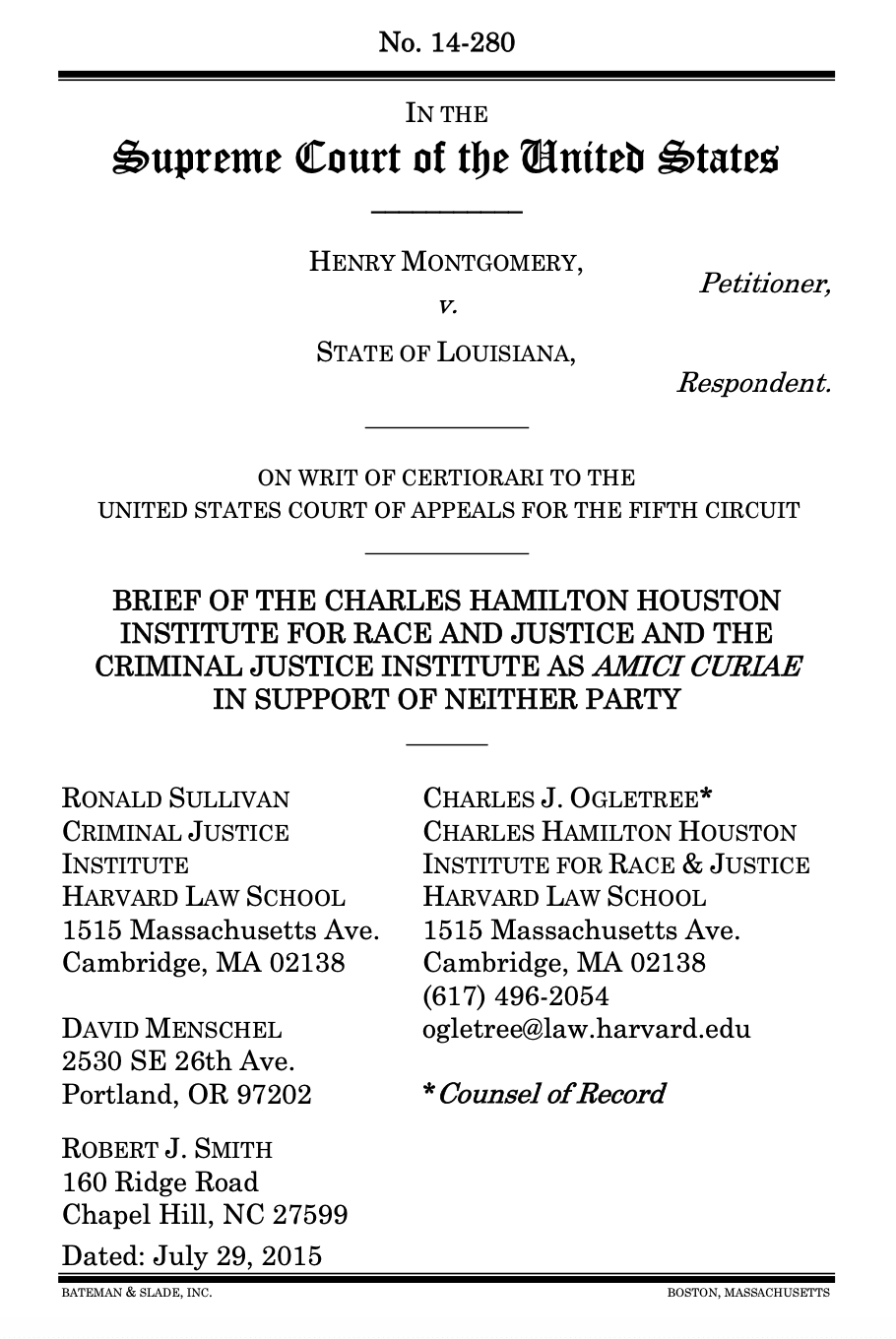
Summary of Argument
The parties disagree about whether Miller v. Alabama, 132 S. Ct. 2455 (2012), which precludes mandatory juvenile life without parole, has retroactive effect. The invited amicus curiae brief suggests that this Court lacks jurisdiction to decide the Miller retroactivity issue at all. A more straightforward way to resolve the case would be to answer the question this Court has explicitly left open: whether “the Eighth Amendment requires a categorical bar on life without parole for juveniles.” Miller, 132 S. Ct. at 2469. Nine states have abandoned juvenile life without parole in the three short years since Miller. Resort to the punishment has become exceedingly rare even in the jurisdictions that formally retain the sanction. In light of these developments, Amici urge the Court to request supplemental briefing on the question of whether imposing a life without parole sentence upon a juvenile violates the Eighth Amendment’s ban on cruel and unusual punishments.